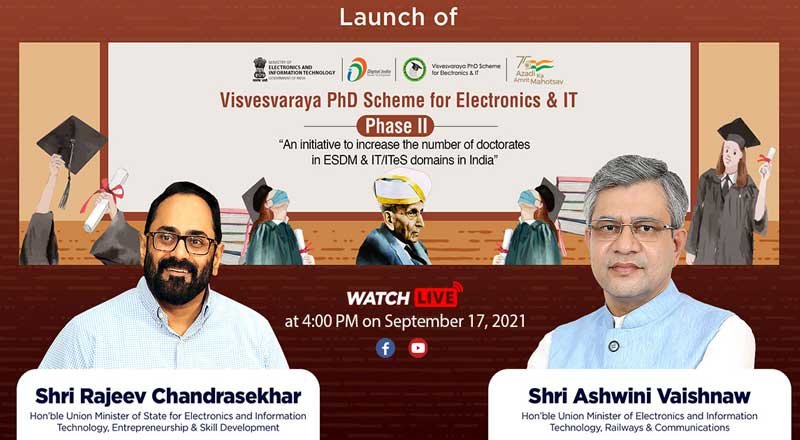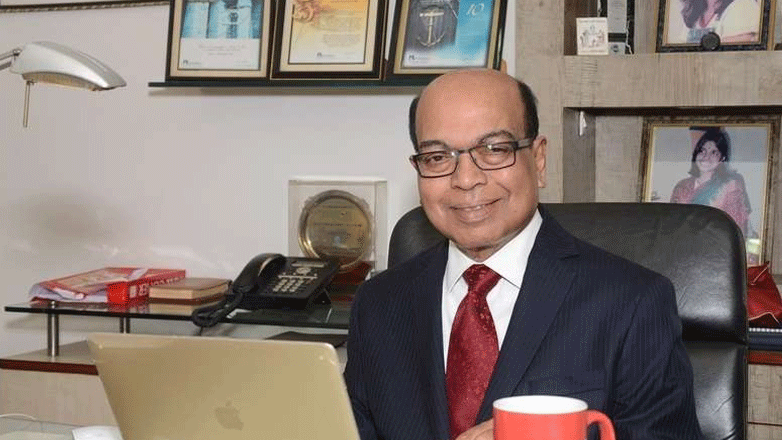
Digital Rights Under Siege
A recent move by Maharashtra's cybercrime division has sparked nationwide concern after it formally requested the central government to ban ProtonMail and Wikipedia across India. The state’s cyber authorities argue that these platforms have been misused in criminal investigations, but critics warn that such sweeping action threatens online freedoms and sets a troubling precedent for censorship in a democratic society.
The proposal stems from cases where these platforms were allegedly used to exchange illicit information. However, critics argue that targeting tools like ProtonMail — widely used by journalists, whistleblowers, and human rights advocates for its encrypted communications — undermines essential privacy protections in the name of law enforcement.
Wikipedia, a cornerstone of global knowledge sharing, also finds itself under scrutiny. Authorities have raised concerns about unregulated content and potential misuse. Yet banning an open-access encyclopedia risks curbing access to educational resources and challenges the principles of free expression.
The Indian Constitution upholds the right to free speech, albeit with reasonable limitations. Legal experts point out that a nationwide ban on platforms used by millions for legitimate purposes could violate proportionality standards and open the door to constitutional challenges. The Information Technology Act, 2000, offers mechanisms to address platform misuse, but applying it to privacy-centric or crowd-sourced services remains a grey area.
Civil liberties advocates argue this request reflects a broader trend of increased state control over digital spaces. It raises fears of a chilling effect, where users may begin to self-censor or avoid secure platforms out of concern for surveillance.
The central government’s response remains to be seen. Possible paths forward include rejecting the ban, pursuing collaborative regulation with platform operators, or preparing for legal battles should the proposal move ahead. What’s clear is that the outcome will set an important benchmark in balancing national security concerns with the fundamental rights of internet users.
As debates over privacy, security, and free access continue to shape India’s digital landscape, Maharashtra’s move highlights the fragile line between governance and overreach in the online world.








